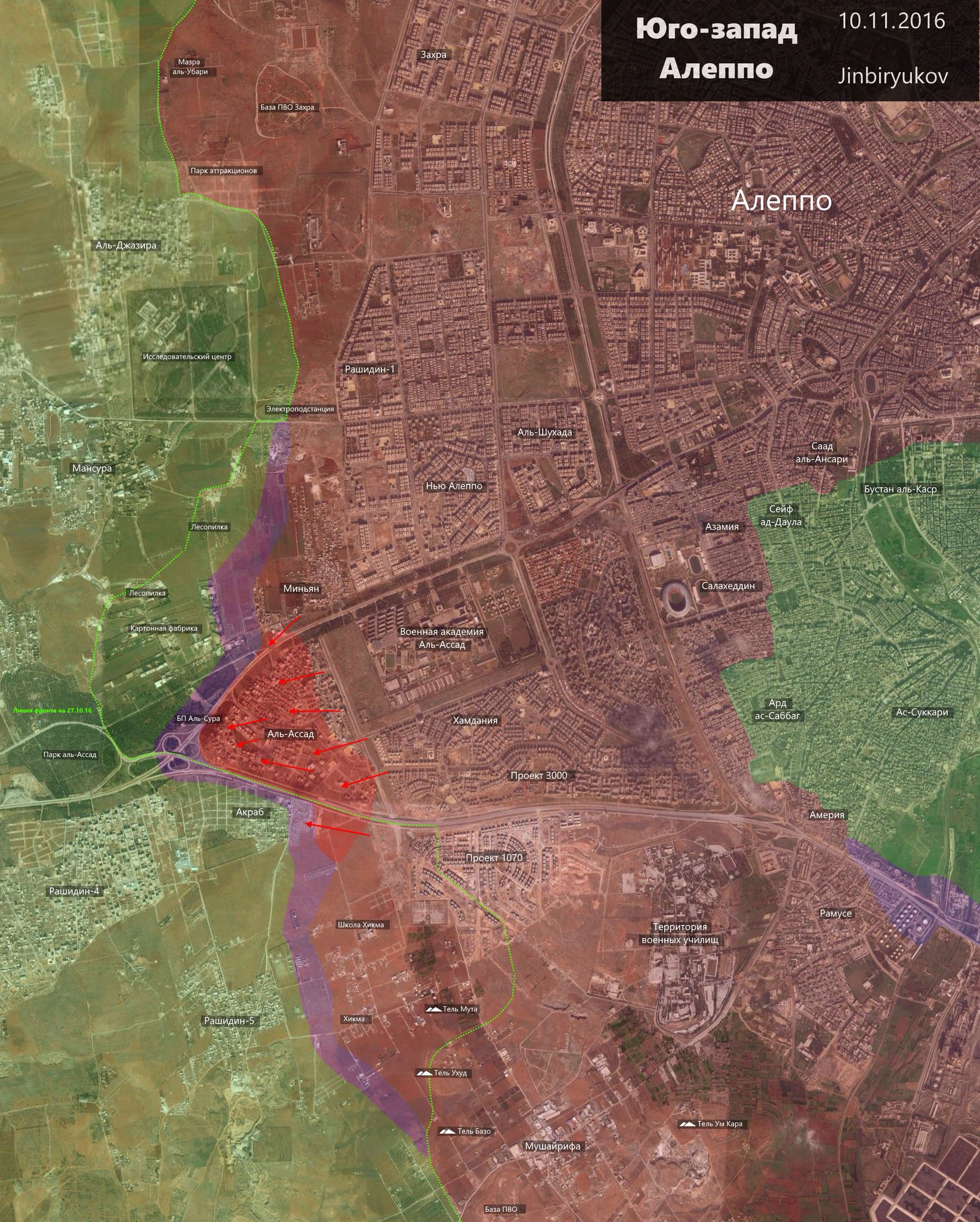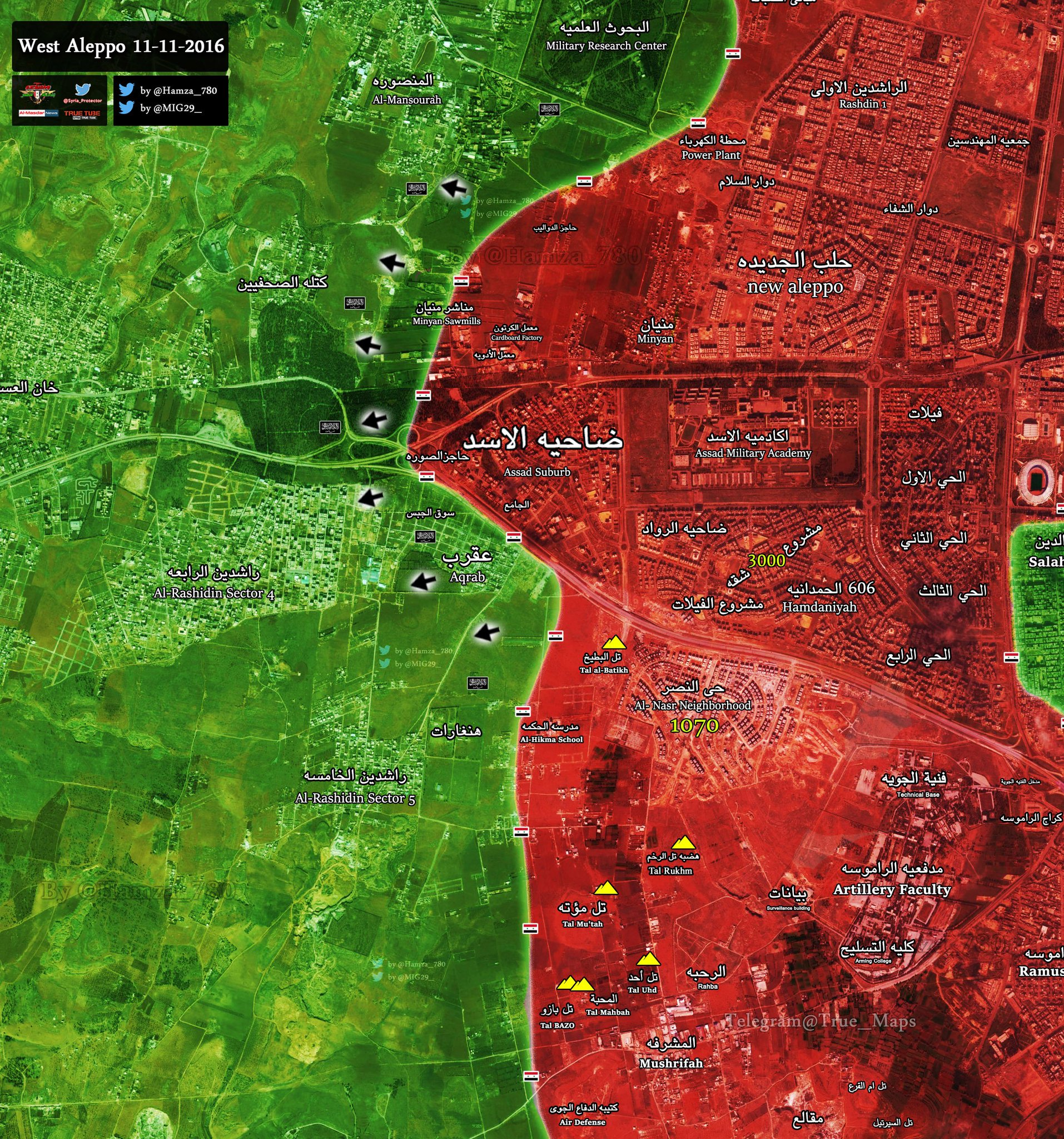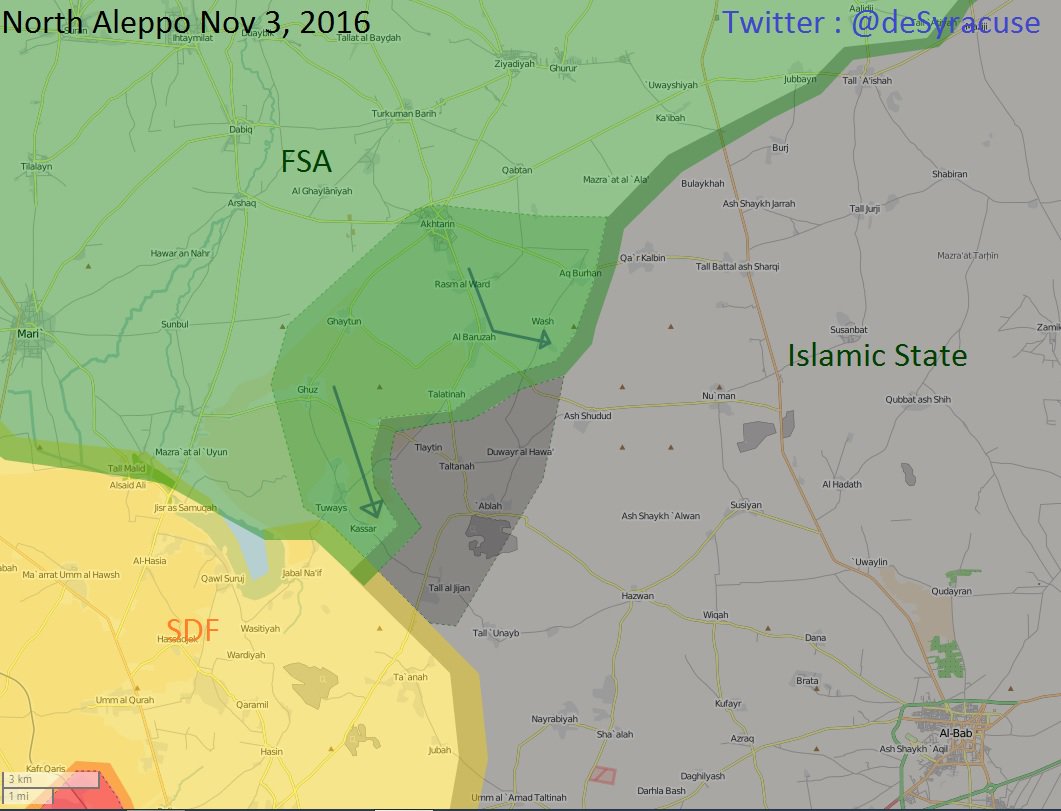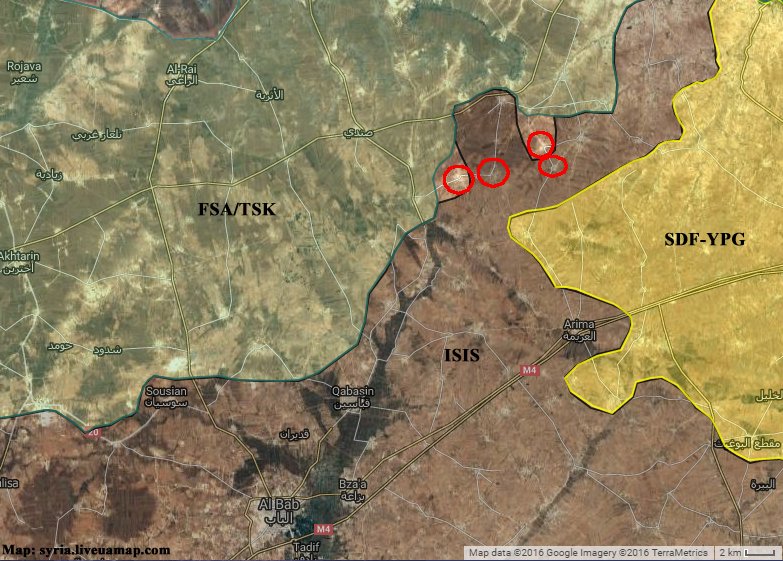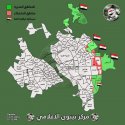President-elect Donald J. Trump said Friday that he was likely to abandon the American effort to support “moderate” opposition groups in
who are battling the government of President
, saying “we have no idea who these people are.”
In an interview with The Wall Street Journal that dealt largely with economic issues, including his willingness to retain parts of the Affordable Care Act, he repeated a position he took often during his campaign: that the United States should focus on defeating the Islamic State, and find common ground with the Syrians and their Russian backers.
“I’ve had an opposite view of many people regarding Syria,” Mr. Trump told The Journal. “My attitude was you’re fighting Syria, Syria is fighting
, and you have to get rid of ISIS.
is now totally aligned with Syria, and now you have
, which is becoming powerful, because of us, is aligned with Syria.”
His comments suggest that once Mr. Trump begins overseeing both the public support for the opposition groups, and a far larger covert effort run by the
, he may wind down or abandon the effort. But there are in fact two wars going on simultaneously in Syria.
One is against the Islamic State, in which the United States is supporting 30,000 Syrian-Kurdish and Syrian-Arab fighters, who last weekend announced they were opening a new phase of the battle, beginning to encircle the ISIS capital in Raqqa. There are roughly 300 United States Special Operations forces on the ground assisting these militia.
The second effort is in support of rebels fighting Mr. Assad. The C.I.A. covert program is by far the largest conduit of support, providing antitank missiles to rebels fighting the government. That is the program that Mr. Trump seems most intent on ending. If the United States pursues that line, “We end up fighting Russia, fighting Syria,” Mr. Trump told The Journal.
The argument for ending the support may be bolstered by the fact that, as a matter of survival, those opposition groups have entered into battlefield alliances with the affiliate of
in Syria, formerly known as Al Nusra. This has had the effect of allowing Mr. Assad and Russia to argue that they are attacking Al Qaeda, and the United States should aid them in that effort. Secretary of State John Kerry acknowledged that argument during his ultimately failed effort to reach a deal for a cease-fire and an ultimate settlement.
Mr. Trump’s the-enemy-of-my-enemy-is-my-friend logic is consistent with what he said during the campaign. “I’m not saying Assad is a good man, ‘cause he’s not,” he told The New York Times in an interview in March, “but our far greater problem is not Assad, it’s ISIS.”
But it also takes a position that will gratify President
, because it suggests that rather than pressure Russia to end its support of Mr. Assad, a Trump administration will get out of Mr. Putin’s way.
In another hint of a major change in policy, one of Mr. Trump’s primary national security advisers, Lt. General Michael T. Flynn, the retired head of the Defense Intelligence Agency, wrote in The Hill newspaper this week that the United States should extradite Fethullah Gulen who
has demanded should be sent back from his exile in Pennsylvania. The Turkish government of
has blamed him for a coup attempt over the summer.
The Justice Department has not yet concluded that there is any convincing evidence that Mr. Gulen should be sent back to almost certain confinement or execution under an extradition treaty with the United States. They see the request as part of Mr. Erdogan’s effort to eliminate all opposition.
Mr. Flynn adopted many of Turkey’s arguments about Mr. Gulen, arguing that “American taxpayers are helping finance Gulen’s 160
” in the United States, and that it is more important to support Turkey than be “hoodwinked by this masked source of terror and instability nestled comfortably in our own backyard.”



